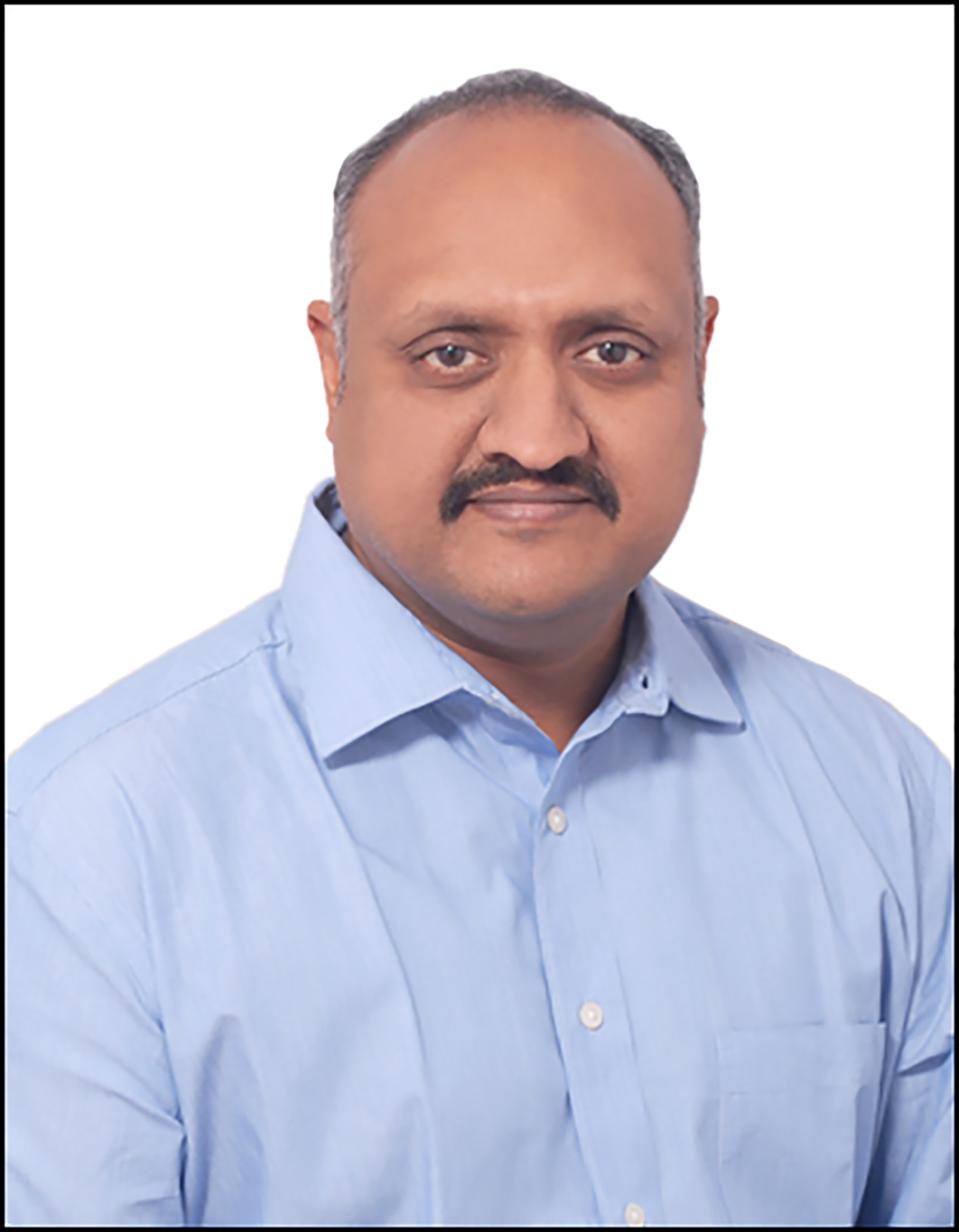Plans afoot at Technical Center India to expand product bouquet

In an exclusive interaction, Christopher Lanker, Vice President & General Manager (APAC), BorgWarner Emissions, Thermal and Turbo Systems, and Vidya Shankar Somasundaram, Chief Engineer, Technical Center India, BorgWarner India, share with Sarada Vishnubhatla the company’s strong and focused efforts in global electrification drive and specifically at their Technical Center India, Bangalore, respectively.

Globally, BorgWarner has been ‘accelerating’ their electrification strategy by strengthening their software and systems capabilities for a few years now. As part of their plan for the coming decade and more, the company is working towards Project Charging Forward which comprises scaling profitably in electric light vehicles, expanding into electric commercial vehicles and optimizing their combustion portfolio. Christopher Lanker and Vidya Shankar Somasundaram share more details.
Excerpts of the interview:
Let’s start with updates related to EVs. Could you share with us details on BorgWarner’s electrification drive?
Christopher Lanker (CL): BorgWarner has been steadily growing its electrification portfolio since 2015 through a series of strategic acquisitions and partnerships. The acquisition of Delphi Technologies in 2020 was the cornerstone of the acceleration towards EVs. It gave BorgWarner the scale and technology leadership in electronics and software that was needed to accelerate towards EV mobility. Our ongoing acquisition of AKASOL strengthens our commercial vehicle electrification capabilities. These external investments have been supplemented with an internal development of our electrification products. This includes the organic development of products like our eHeaters for EV batteries packs and cabins. The portfolio also includes the development of our motors and combination products like our iDM, which combines power electronics, motor and gearbox into one package.

How does BorgWarner plan to make a difference to the segment in the future? Please also share details of your electrification strategy with the goal to reach EV revenue of 45% by 2030.
CL: Let me focus on our plan, which we call Project Charging Forward. We expect this project to help us generate over 25% of our revenue from electric vehicles by 2025 and approximately 45% by 2030. Project Charging Forward has 3 pillars. We plan to profitably scale eLVs through our continued integration of Delphi and our ability to capture synergies as well as pursuing organic and inorganic actions.
Then, we intend to expand into eCVs. We will do that by leveraging our position in LV and building out a go-to-market product portfolio and operations capabilities organically and inorganically. We plan to optimize our combustion portfolio, reducing our exposure by optimizing the portfolio toward high growth and higher margin products.

Even as we refocus our combustion assets, we will continue to benefit financially from this portfolio. One way to think about our strategy is that our combustion portfolio supports our pivot to electrification. It enables Project Charging Forward.
What does BorgWarner’s product portfolio look like? And what are your USPs?
CL: We are uniquely positioned to specify, develop and manufacture all of the major components for electrified vehicles – from charging to propulsion. We understand our portfolio and our products, which significantly increases our system expertise, which in turn is the key to optimize the efficiency of each single component in the entire chain of products for electrified vehicles.

What are the targets that you are working towards to achieve sustainable and actionable zero emission?
CL: With a vision of a ‘clean and energy efficient world’, it is natural for BorgWarner to be at the forefront of the sustainability topics. The products that we deliver as a company – and even more the ones that we will deliver – make the world more energy efficient.
On a global level, BorgWarner has been steadily reducing its energy usage and emissions since 2015. Back in March 2021, the company also announced its commitment to reach carbon neutrality by 2035. BorgWarner will achieve this neutrality essentially through concrete actions on the plant floors. This aligns the company’s business with climate and resource needs, regulatory changes, customer preferences, employee values and market expectations.

BorgWarner has also recently expanded the breadth of its sustainability business activities by investing in Enexor BioEnergy, LLC, a company that provides on-site, renewable energy and carbon conversion solutions to help solve the world’s organic waste and plastic waste problems. Through a US $10 million dollars of investment, BorgWarner has secured a minority stake in the company. Enexor’s waste-saving solutions align well with us and utilize BorgWarner’s existing eTurbine product line, which uses the remaining waste heat to generate electrical energy, as well as its industrial inverters through Cascadia Motion (wholly owned by BorgWarner). Together, BorgWarner and Enexor will explore future collaborations, including the potential for further CO2 reduction technologies.
What are the vehicle segments that you are working on?
CL: BorgWarner provides customers with solutions for any market in passenger vehicles, light- and heavy-duty trucks, commercial vehicles and off-highway vehicle applications. With the new “Charging Forward” strategy, the focus will lie on eLVs and eCVS for the next couple of years. Going forward, BorgWarner will also look into other forms of mobility that we can support with our technologies, like, for example, urban air mobility.

Please tell us about the Technical Center India (TCI) you have in Bangalore and its USPs.
Vidya Shankar Somasundaram: Technical Center India in Bangalore (TCI) has been supporting various Indian customers and global allied technical centers for more than two decades. We have engineers supporting multiple business units under one roof where we have the benefit of sharing our learnings and experience amongst various teams. Even though TCI is pre-dominantly a systems software development center, we also have highly experienced engineers supporting electrical and mechanical analysis besides mechanical design for fuel handling systems. As for local accountability, our focus on Indian OEMs enables us to understand their business needs and market dynamics, thus enabling us to support them pro-actively. Contributing towards our global strength, we support our allied technical centers worldwide in multiple projects which helps enrich our team with varied experiences and enhances our local capability.